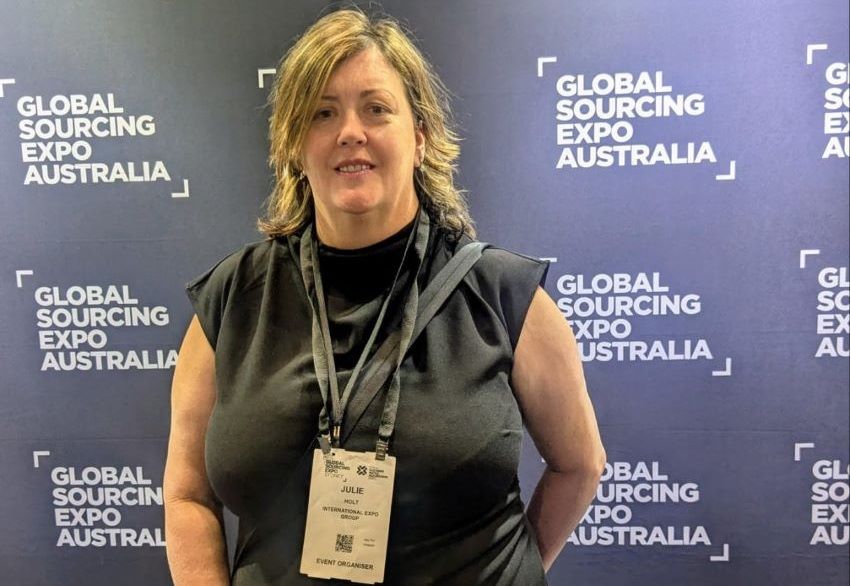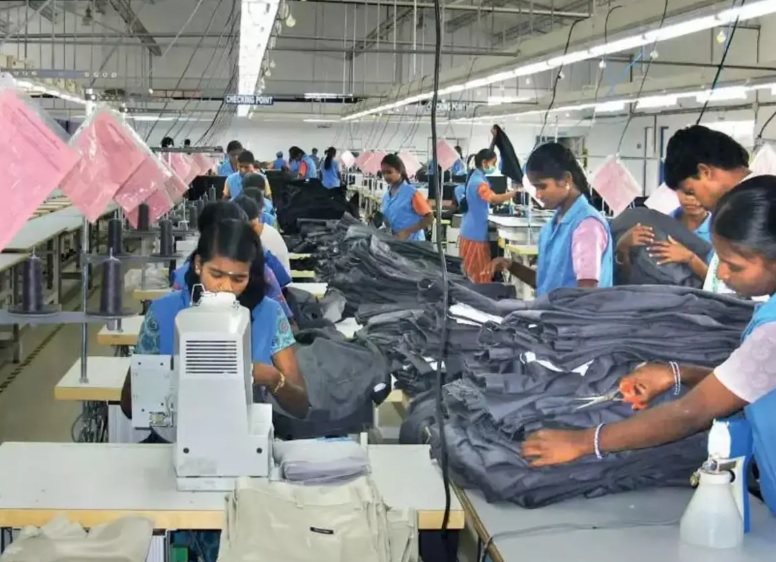The fashion industry has made progress toward purging its supply chain of hazardous chemicals. Brands are taking responsibility for the whole production, the whole supply chain, instead of just focusing on the finished products.
Greenpeace has signed on 80 apparel companies to detox by 2020, including sportswear brands such as Puma, Nike and Adidas, fast-fashion giants including Primark and H&M, as well as outdoor brands, suppliers and denim brands including Levi’s and G-Star Raw.
Detox implies ending the use of hazardous chemicals in the fashion supply chain and products. Almost all detox-committed brands have moved towards greater transparency by implementing regular water-waste testing and disclosing the results. In addition, 72 per cent of brands either already publish or have committed to publishing an extended list of suppliers to include wet processing suppliers (typically washing and dying) lower down the supply chain.
However, the luxury sector is unwilling to commit to detoxing. Only two luxury houses, Burberry and Valentino, are among the detox-committed brands. Suppliers have also helped reduce the use of hazardous chemicals in the luxury sector, even if high-end brands haven’t committed to the campaign. Zara-owner Inditex committed to detoxing in 2012. Making corporations legally responsible for their supply chains wherever they produce in the world is a way forward.
Progress seen in supply chain cleansing of global brands
- 1
- 2
- 3
- 4
- 5
- 6
- 7
- 8
- 9
- 10
Nylon's New Frontier: Marrying strength with natural grace
For decades, nylon has been synonymous with exceptional strength, durability, and resilience. From mountaineering gear to industrial applications, its tough... Read more
The Textile Revolution: Polyester's quest for natural perfection
For decades, polyester has been the workhorse of the textile industry, valued for its durability, wrinkle resistance, and affordability. However,... Read more
Global Sourcing Expo: Australia's premier sourcing hub expands reach and vision
The Global Sourcing Expo, a pivotal event connecting global suppliers with Australian trade buyers, continues to solidify its position as... Read more
Beyond the Booths: How Global Sourcing Expo is redefining the Asia-Pacific sourc…
With the successful completion of third edition of Global Sourcing Expo Sydney, Julie Holt, Global Business & Exhibition Director, Global... Read more
Retail slows as trade accelerates, the paradox of 2025 fashion: Wazir Advisors J…
The global apparel industry, often a reliable barometer of consumer confidence and trade health, is passing through a delicate recalibration.... Read more
Tiruppur, India's knitwear powerhouse defies odds, challenges global giants
In the global textile manufacturing market, where countries like Bangladesh and Vietnam leverage preferential trade agreements (FTAs) to dominate export... Read more
The rise of the intrinsic durability multiplier in fashion
The conversations at the recent ‘Innovation Forum’ have blossomed into a clear call to action: the fashion industry is under... Read more
Viscose transforms from ‘Artificial silk to sustainable innovation
Viscose, often dubbed ‘artificial silk’ earlier, has a long and complex history in the textile industry. A regenerated cellulose fiber,... Read more
Rethinking Textile's Future: Innovations in sustainable fibers and circularity
The textile industry is increasingly focusing on natural fibers and circularity, with new research and initiatives pointing towards a more... Read more
IHKIB hosts successful ‘Turkish Apparel Industry’s Transformation Journey’ event…
Customs Union modernisation key to EU competitiveness Mustafa Gültepe, Chairman of the Turkish Exporters Assembly (TIM) and Istanbul Apparel Exporters’ Association... Read more












